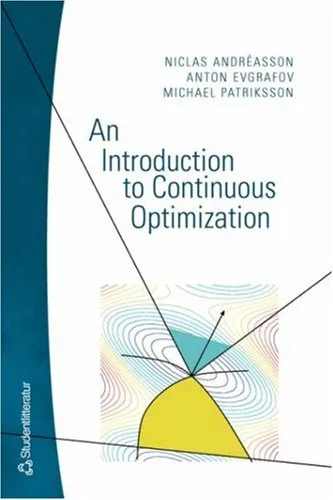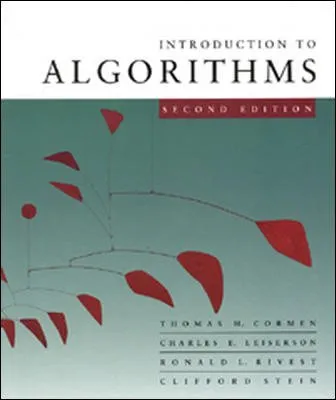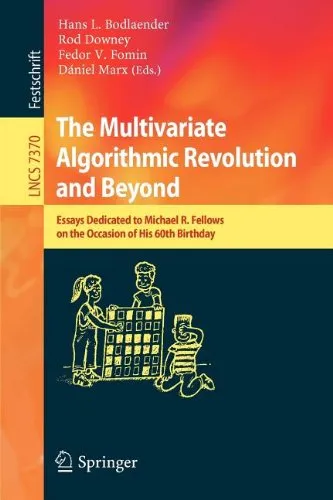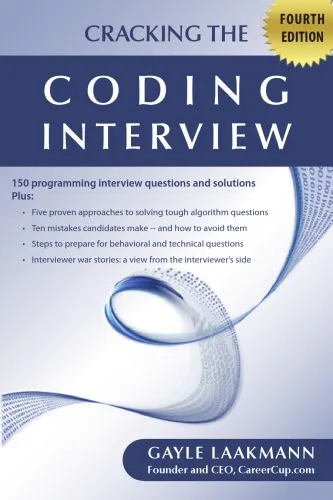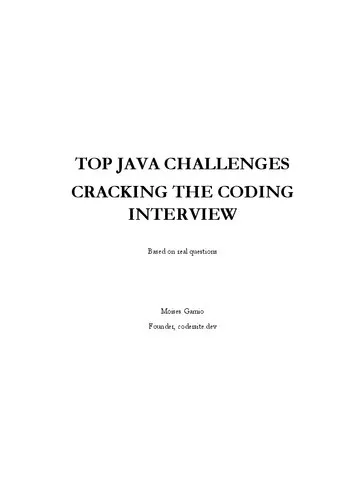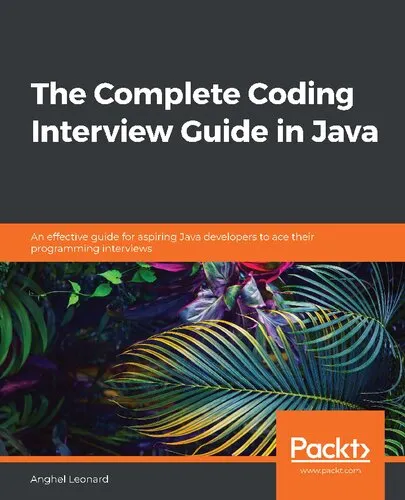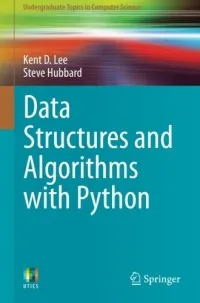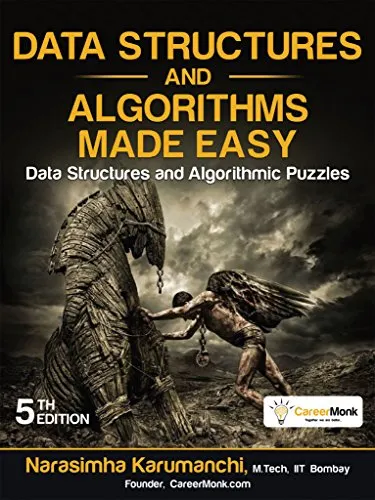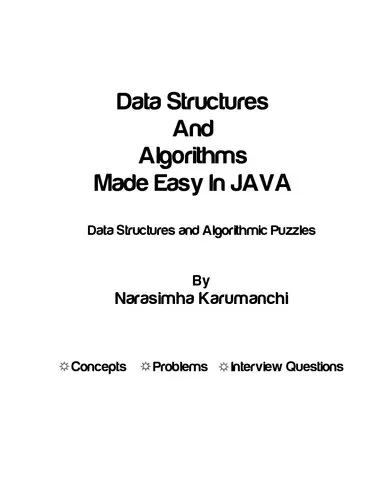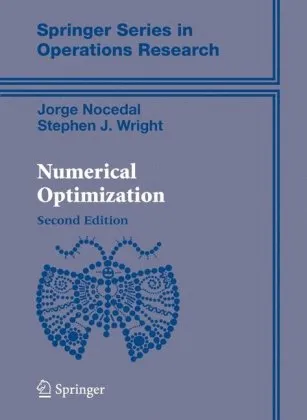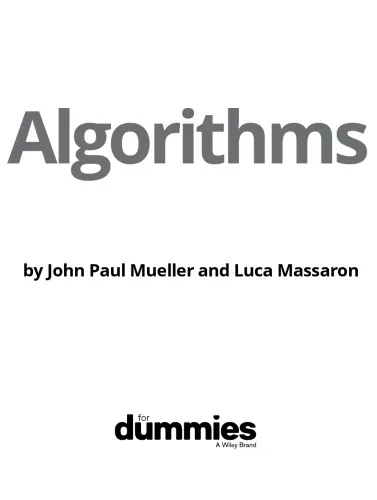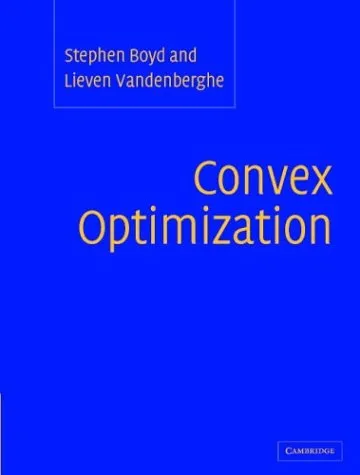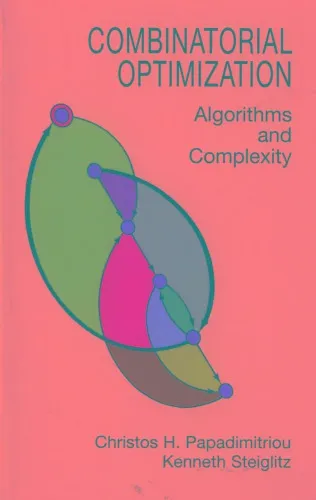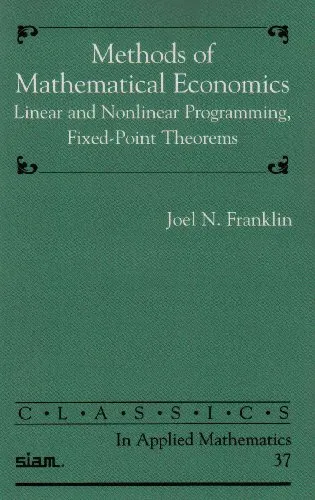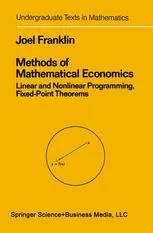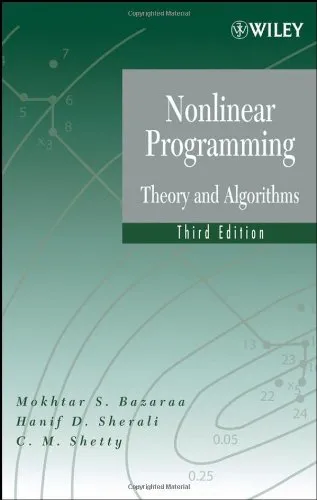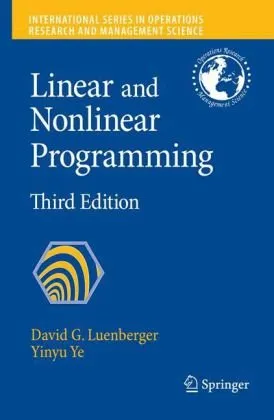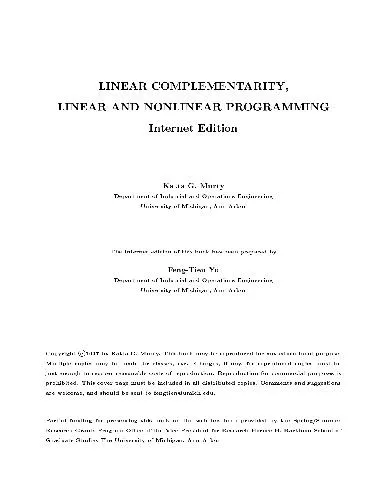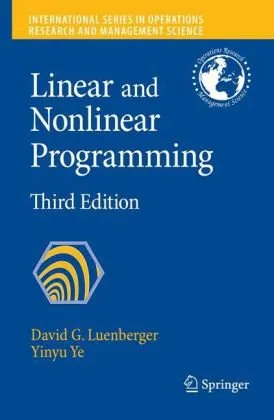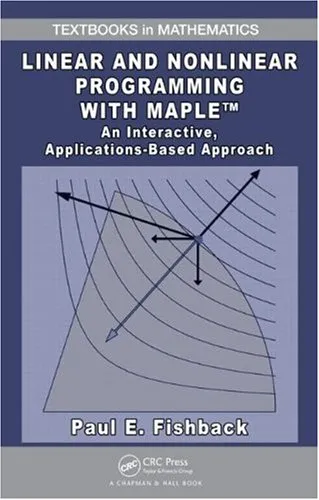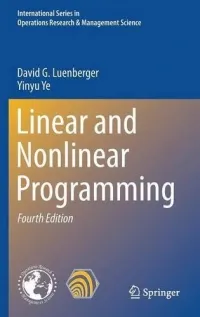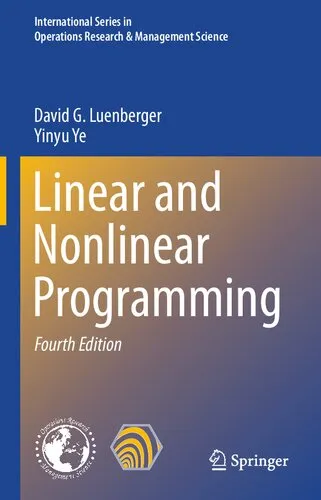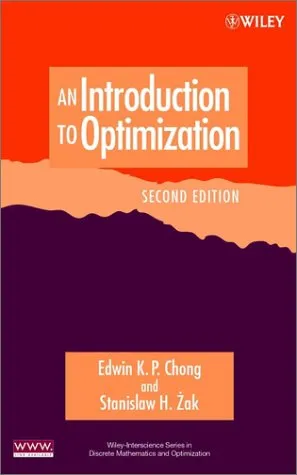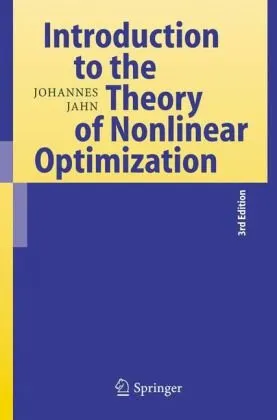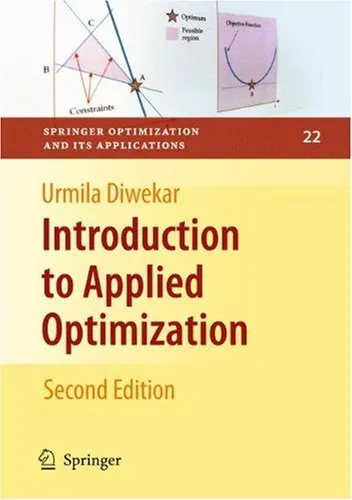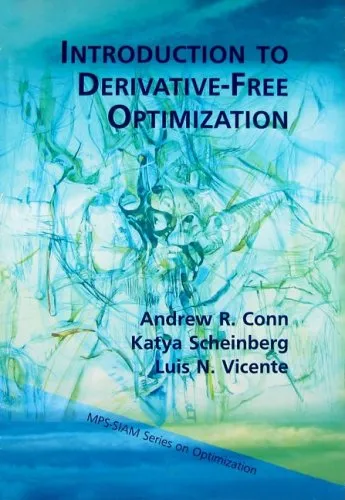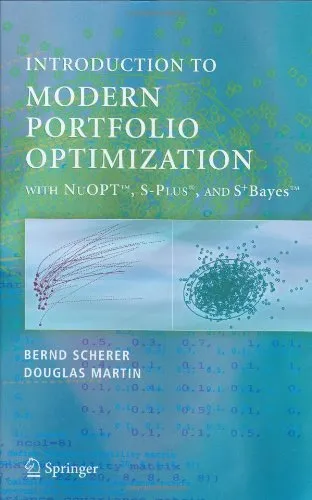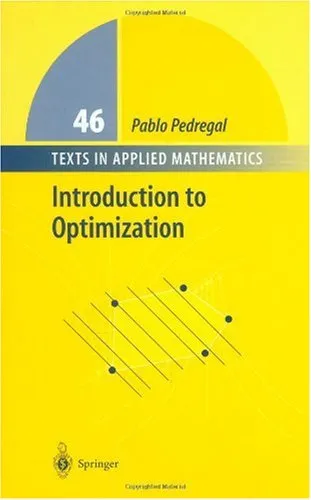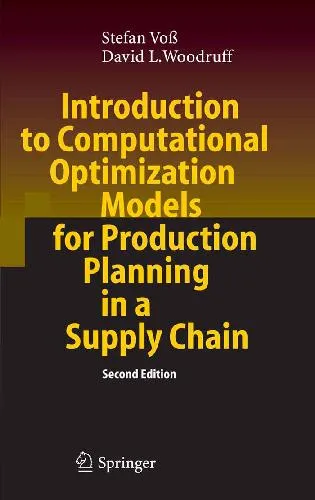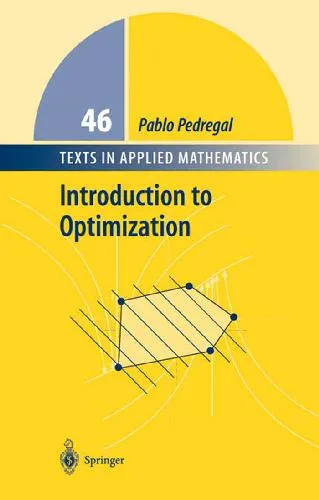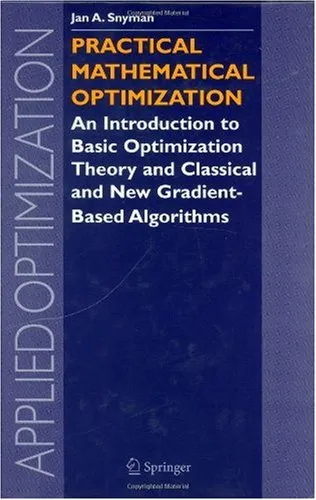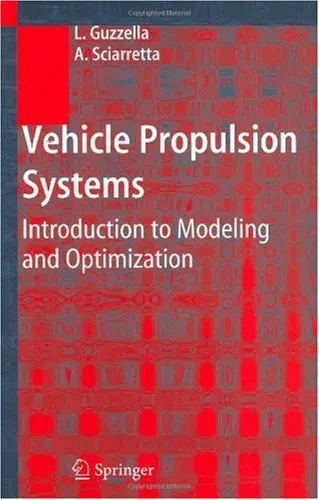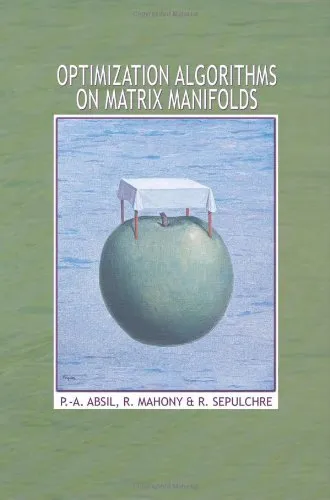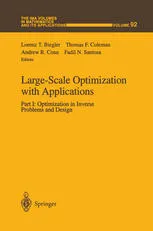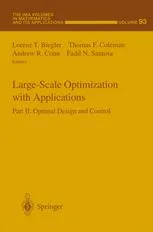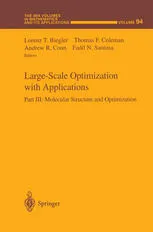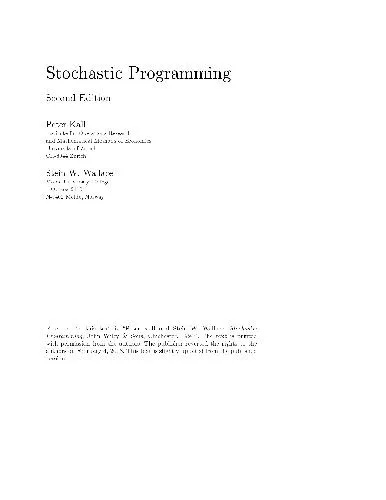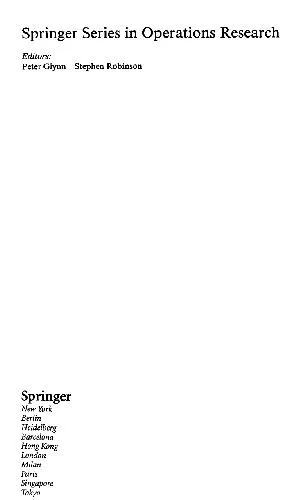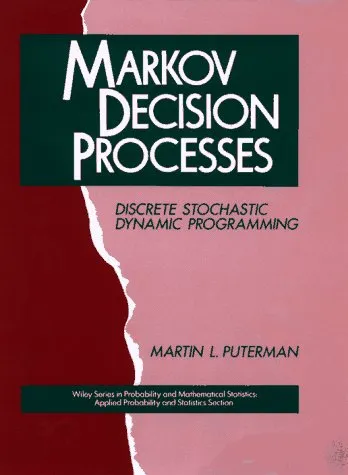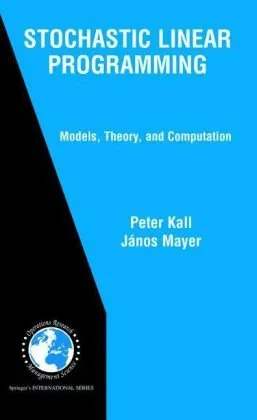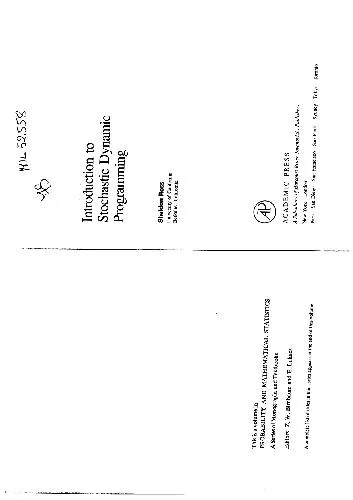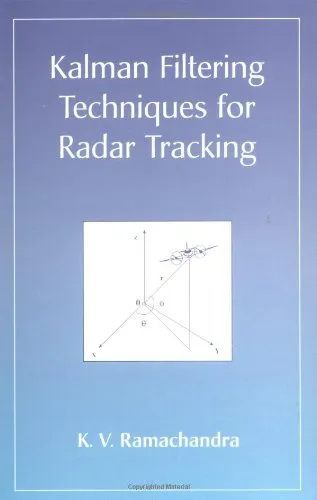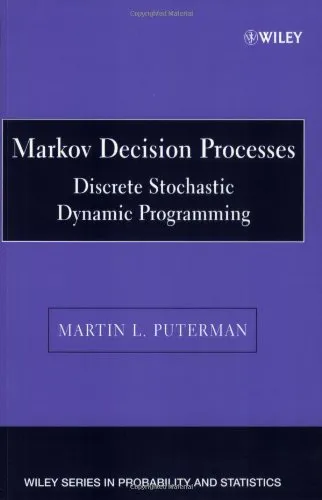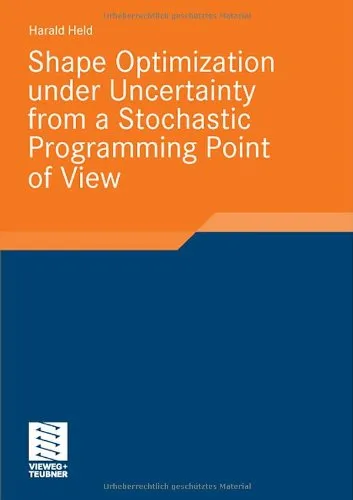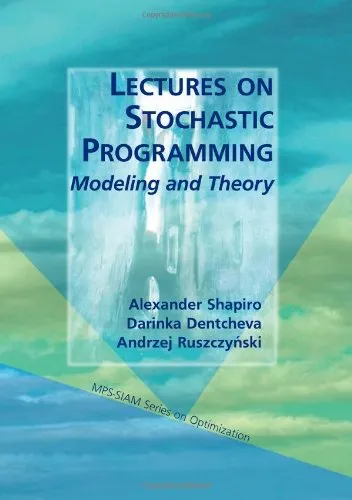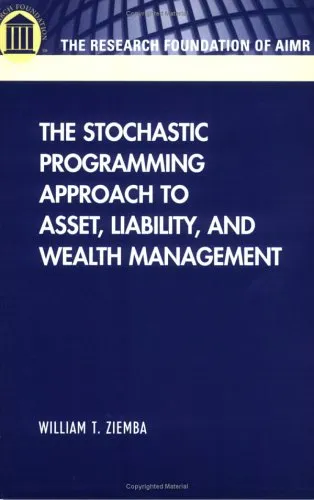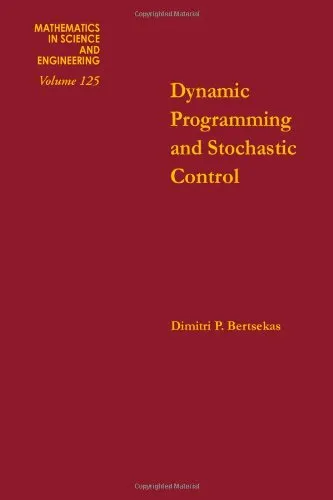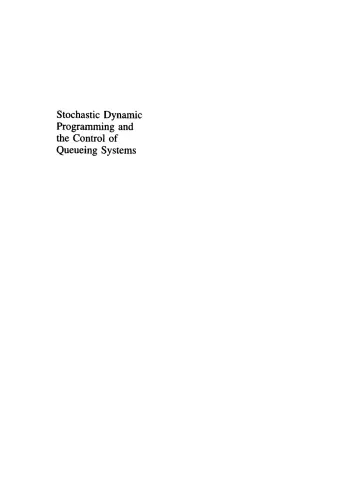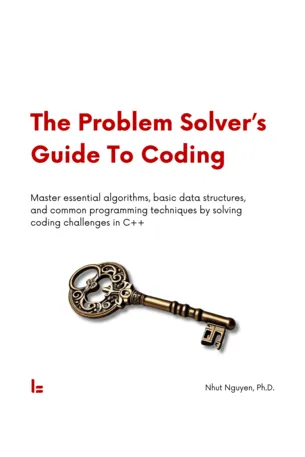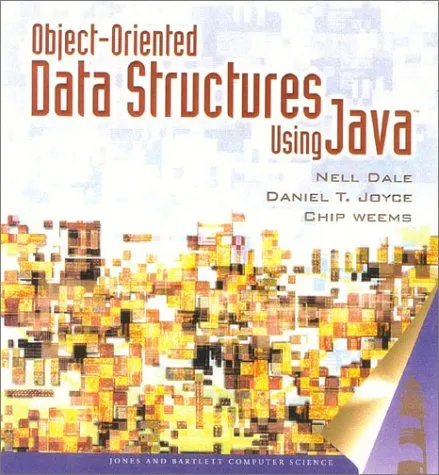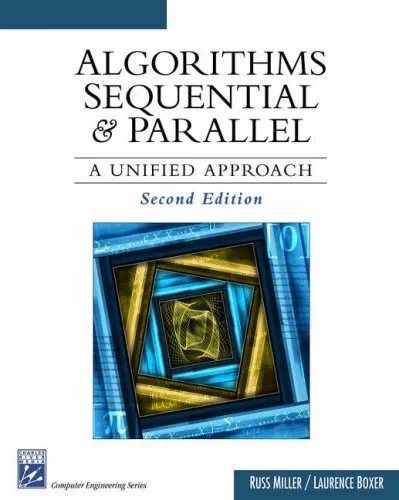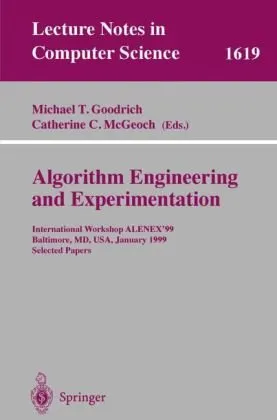An introduction to continuous optimization: Foundations and fundamental algorithms
4.0
Reviews from our users

You Can Ask your questions from this book's AI after Login
Each download or ask from book AI costs 2 points. To earn more free points, please visit the Points Guide Page and complete some valuable actions.Related Refrences:
Persian Summary
Dive into the intricate world of continuous optimization with An Introduction to Continuous Optimization: Foundations and Fundamental Algorithms. This expertly crafted book by N. Andreasson, A. Evgrafov, and M. Patriksson serves as a foundational cornerstone for students, professionals, and anyone keen on understanding the mathematical and computational frameworks essential for solving continuous optimization problems. With a blend of theoretical insight and practical approaches, it demystifies complex concepts and builds a comprehensive understanding suitable for both academics and practitioners.
Detailed Summary of the Book
The book spans a variety of pivotal topics in continuous optimization, meticulously structured to guide readers from basic principles to more advanced techniques. Initially, it delves into the fundamental concepts of continuous optimization, including critical definitions, problem formulations, and solution characteristics. From there, it transitions into exploring various algorithms indispensable for tackling these optimization problems. This includes gradient methods, Newton-based techniques, and interior-point methods, among others. Each algorithm is discussed in detail, offering insight into its theoretical underpinnings and practical implementations.
A unique feature of the book is its balanced approach in addressing both unconstrained and constrained optimization problems. Detailed explanations of necessary theoretical support for optimization, such as convex analysis and differentiability, equip readers with robust problem-solving skills. The book does not shy away from addressing real-world applications and case studies that strengthen the bridge between theory and practice. Through illustrative examples and exercises, it fosters a proactive learning environment, encouraging readers to engage critically with the material.
Key Takeaways
- Comprehensive coverage of essential topics in continuous optimization, ensuring a solid knowledge base for beginners and experienced learners alike.
- A systematic approach to problem-solving with theoretically sound yet practical algorithms.
- In-depth explanations of classic and contemporary optimization methods, providing a wide toolkit for handling various types of optimization challenges.
- Case studies and exercises that promote the application of theoretical knowledge in practical scenarios, enhancing learning retention.
Famous Quotes from the Book
"Optimization is not only about finding the minima or maxima of functions, it is a tool to unveil the underlying structure of the problems we seek to solve."
"In the realm of continuous optimization, understanding the nuances of each algorithm is as crucial as the solutions they yield."
"The pursuit of optimization is, in essence, the pursuit of excellence in decision making."
Why This Book Matters
An Introduction to Continuous Optimization stands out for its inviting approach to a subject often perceived as complex and challenging. By elucidating the core principles with clarity and depth, the authors foster an environment of learning that transcends mere academic inquiry. This book is indispensable for those in operational research, computer science, engineering, and mathematics, providing a pivotal toolkit for enhanced decision-making and problem-solving skills.
The significance of this book lies in its potential to equip readers with the ability to approach continuous optimization problems with confidence and proficiency. As fields like machine learning, artificial intelligence, and data science continue to expand, a firm grasp of optimization techniques becomes increasingly relevant. The book's structured methodology ensures that readers are not only able to understand and implement complex algorithms but also appreciate the theory that underpins them, thus fostering a comprehensive understanding that is both extensive and applicable.
Free Direct Download
You Can Download this book after Login
Accessing books through legal platforms and public libraries not only supports the rights of authors and publishers but also contributes to the sustainability of reading culture. Before downloading, please take a moment to consider these options.
Find this book on other platforms:
WorldCat helps you find books in libraries worldwide.
See ratings, reviews, and discussions on Goodreads.
Find and buy rare or used books on AbeBooks.
1631
بازدید4.0
امتیاز0
نظر98%
رضایتReviews:
4.0
Based on 0 users review
Questions & Answers
Ask questions about this book or help others by answering
No questions yet. Be the first to ask!
